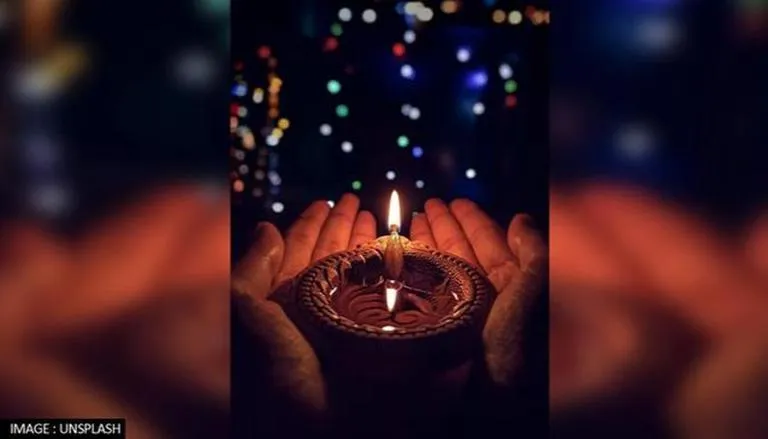
Eid
Eid al-Fitr has a particular salat (Islamic prayer) that consists of two rakats (units) generally performed in an open field or large hall. It may only be performed in congregation (jamaat) and features seven additional Takbirs (raising of the hands to the ears while saying "Allāhu ʾAkbar", meaning "God is the greatest") in the Hanafi school of Sunni Islam: three at the start of the first Rakat and three just before in the second Rakat. Other Sunni schools usually have 12 Takbirs, similarly split into groups of seven and five. In Shia Islam, the salat has six Takbirs in the first Rakat at the end of Kira's, before rukūʿ, and five in the second. Depending on the juristic opinion of the locality, this salat is either farḍ (obligatory), mustaḥabb (strongly recommended), or mandūb (preferable). After the salat, Muslims celebrate Eid al-Fitr in various ways with food ("Eid cuisine") being a central theme, which also gives the holiday the nickname "Sweet Eid" or "Sugar Feast".

Christmas
Christmas is an annual festival commemorating the birth of Jesus Christ, observed primarily on December 25 as a religious and cultural celebration among billions of people around the world. A feast central to the Christian liturgical year, it is preceded by the season of Advent or the Nativity Fast and initiates the season of Christmastide, which historically in the West lasts twelve days and culminates on the Twelfth Night. Christmas Day is a public holiday in many countries, is celebrated religiously by a majority of Christians, as well as culturally by many non-Christians, and forms an integral part of the holiday season organized around it. The traditional Christmas narrative recounted in the New Testament, known as the Nativity of Jesus, says that Jesus was born in Bethlehem, in accordance with messianic prophecies. When Joseph and Mary arrived in the city, the inn had no room and so they were offered a stable where the Christ Child was soon born, with angels proclaiming this news to shepherds who then spread the word.

Diwali
Diwali (English: /dɪˈwɑːliː/), also known as Deepawali or the Festival of Lights,[3][4] is one of the most important festivals in Indian religions. It symbolises the spiritual "victory of light over darkness, good over evil, and knowledge over ignorance".[ 5][6][7][8] The festival is widely associated with conflagrations between good and evil entities. In the lead-up to Diwali, celebrants prepare by cleaning, renovating, and decorating their homes and workplaces with diyas (oil lamps) and rangolis (colorful art circle patterns).[107] During Diwali, people wear their finest clothes, illuminate the interior and exterior of their homes with saaki (earthen lamp), diyas and rangoli, perform worship ceremonies of Lakshmi, the goddess of prosperity and wealth,[l] light fireworks, and partake in family feasts, where mithai (sweets) and gifts are shared.